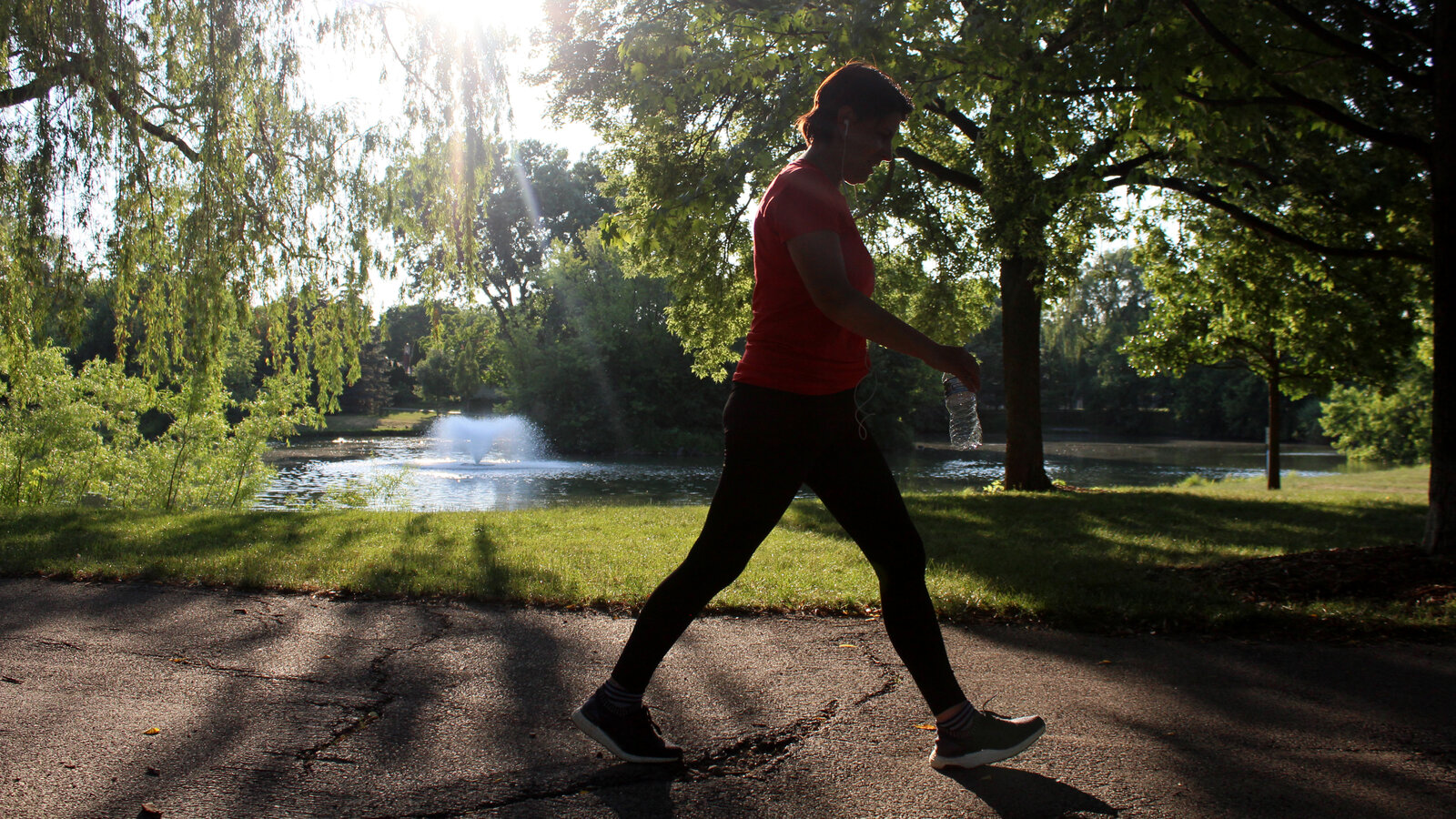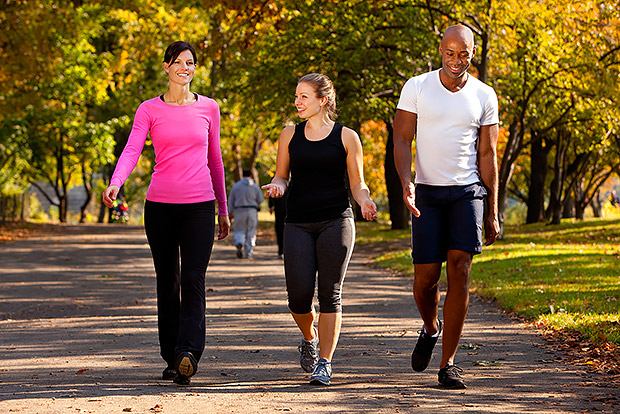
Heart Health And Weight Management
Heart Health and Weight Management
Walking is a low-impact cardiovascular exercise that helps improve heart health by increasing blood circulation, reducing the risk of heart disease, and lowering blood pressure. Additionally, regular brisk walking aids in weight management by burning calories and boosting metabolism, making it an excellent choice for those looking to shed pounds or maintain a healthy weight.
Stress Reduction and Mental Clarity
Engaging in a leisurely stroll or brisk walk has been shown to release endorphins, the body’s natural “feel-good” hormones. This leads to reduced stress levels, improved mood, and enhanced mental clarity. Walking outdoors amidst nature or in a serene environment can provide a refreshing escape from the daily grind and promote mental relaxation.

Stress Reduction And Mental Clarity
Joint Health and Mobility
Unlike high-impact activities, walking is gentle on the joints, making it an ideal option for individuals of all ages and fitness levels. It helps lubricate and strengthen joints, while also enhancing flexibility and overall mobility. Walking regularly can be particularly beneficial for those recovering from injuries or looking to prevent joint-related issues.

Joint Health And Mobility
Improved Digestion and Metabolism
A brisk walk after a meal has been shown to aid in digestion by stimulating the muscles in the digestive tract and promoting more efficient nutrient absorption. This can lead to better digestion, reduced bloating, and improved metabolism.

Improved Digestion And Metabolism
Longevity and Disease Prevention
Studies have consistently demonstrated a strong link between regular walking and increased life expectancy. Engaging in consistent walking routines can reduce the risk of chronic diseases such as diabetes, stroke, and certain types of cancer. It also helps manage existing conditions, such as type 2 diabetes, by improving insulin sensitivity.

Longevity And Disease Prevention
Social Interaction and Connection
Walking is a versatile exercise that can easily be turned into a social activity. Walking clubs, group hikes, or even strolling with a friend or family member provide an opportunity to connect, share experiences, and create lasting memories while simultaneously reaping the physical benefits.

Social Interaction And Connection








